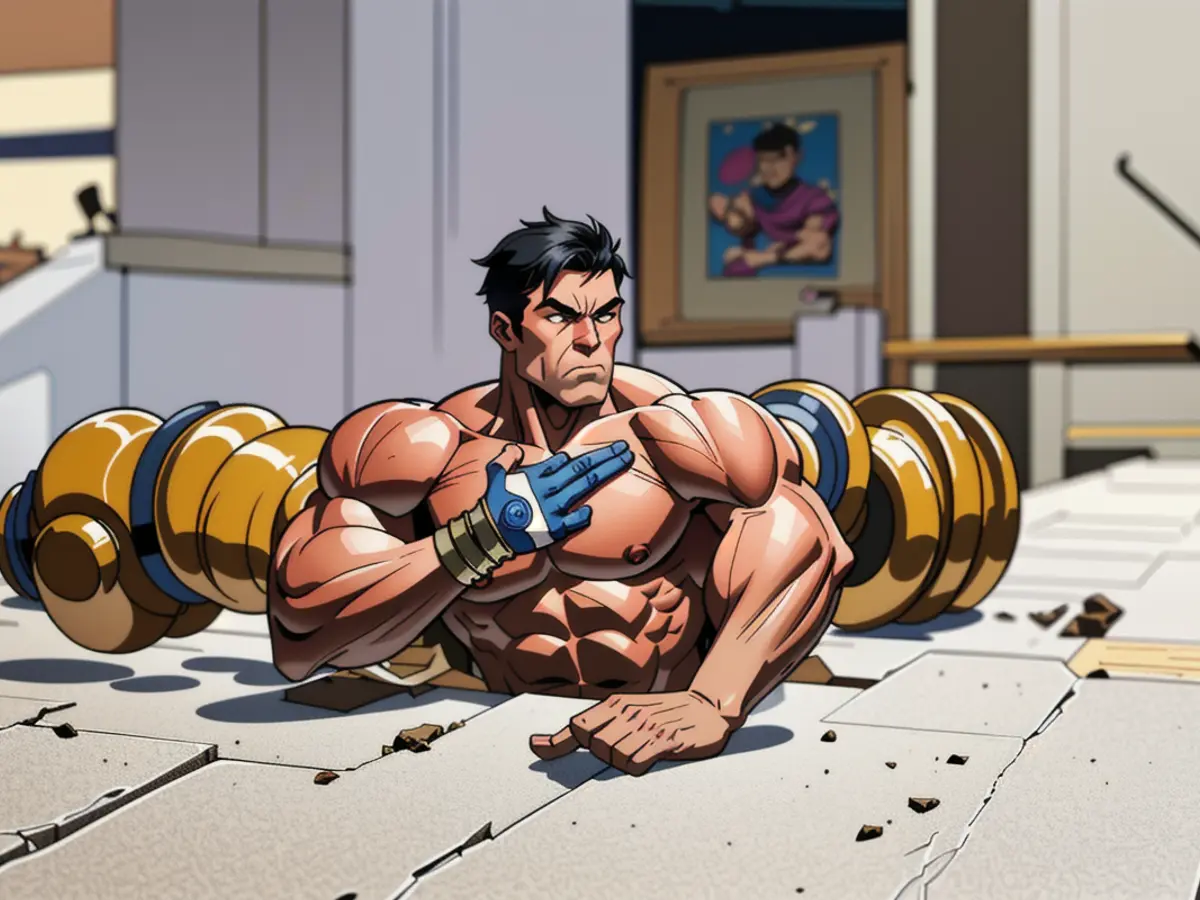British lawmakers advocate for forbidding museums and auction houses from possessing human remains.
Museums and other institutions in the United Kingdom are under pressure to reconsider their display of human remains and the sale of human body parts, following a report urging a ban on such practices. The All-Party Parliamentary Group on Afrikan-Reparations (APPG-AR) published a report on Wednesday, detailing the distress caused to diaspora communities by British institutions holding ancestral remains, many of which were taken during colonial rule.
At present, the law that regulates the storage and use of human remains in the UK only requires consent for acquiring and holding body tissue from people under 100 years old. The Human Tissue Act 2004 also prohibits people from buying, selling, and possessing body parts fortransplantation purposes. However, the report, titled "Laying Ancestors to Rest," calls for several changes, including making the sale of human remains illegal and amending the Human Tissue Act 2004 to include the remains of people who died more than 100 years ago. Additionally, the report recommends that the boards of trustees for national museums should be representative of the diasporas in society, and funders should dedicate resources to mapping the inventory of ancestral remains in the UK's cultural institutions.
Guideance for museums and other institutions on how to care for human remains was published by the British government back in 2005. Under that guidance, museums can decide on a case-by-case basis whether or not to return human remains, if requested. During a debate in the House of Lords on Thursday, Fiona Twycross, a junior minister in the Department for Culture, Media and Sport, acknowledged that the guidance was dated and "the world has changed substantially" since then. She added that incomplete databases and collections make it hard to know where human remains are being kept, but the recommendations put forward in the report "will inform the government's consideration" of the issues.
During the same debate, Paul Boateng, a peer from the governing Labour party, described the trade of human body parts as an "abomination." He praised the Pitt Rivers museum in Oxford for removing 120 artifacts, including an Egyptian mummified child, Naga trophy heads, and shrunken heads, from display in 2020 as part of its "decolonization process" because the items "reiterated racial stereotypes." He criticized the British Museum in London for refusing to hand over several preserved Māori tattooed heads and the skulls of two named individuals from the Torres Strait islands. Boateng added that the museum was in need of "long-overdue reform."

Controversy surrounding the display and auction of human remains persists globally. In October, the Swan auction house in Oxfordshire, England, was forced to withdraw more than two dozen lots of human remains, including shrunken heads and ancestral skulls, from sale after an outcry in the UK and India. In 2023, the head of the Smithsonian Institution in the United States apologized for amassing a collection of tens of thousands of body parts, largely taken from Black and Indigenous people without their consent during the first half of the 20th century. The same year, London's Hunterian Museum stopped exhibiting the skeleton of an 18th-century man known as the "Irish Giant," who grew to be 7 feet, 7 inches tall and wanted to be buried at sea to prevent his body being seized by anatomists.
In response to calls for reform, the British Museum, which holds more than 6,000 human remains, according to its website, stated that it is mindful of ethical obligations and closely follows the guidance set out by the Department of Culture, Media and Sports and the Human Tissue Act 2004, which ensures that human remains held in its care are always treated and displayed with respect and dignity. Professor Laura Van Broekhoven, director of the Pitt Rivers Museum, expressed support for calls to ban the sales of human remains and the display of human remains in public museums, stating that her museum's approach "rehumanizes our museums and our collections in unprecedented ways, bringing opportunities of true partnerships, that work towards global healing and peace building."
- The Pitt Rivers museum, in its decolonization process, has chosen to remove various artefacts from display, such as an Egyptian mummified child and Naga trophy heads, as they reinforce racial stereotypes.
- The British Museum, which houses over 6,000 human remains, articulates its commitment to ethical obligations, carefully adhering to the guidance from the Department of Culture, Media and Sports and the Human Tissue Act 2004, ensuring all remains in their care are treated with respect and dignity.
- Amid calls for change, the conversation about regulating the sale of human remains and modifying the display of such remains in public museums is gaining momentum, with Professor Laura Van Broekhoven from the Pitt Rivers Museum advocating for a ban on such practices and an approach that rehumanizes museums and collections.




